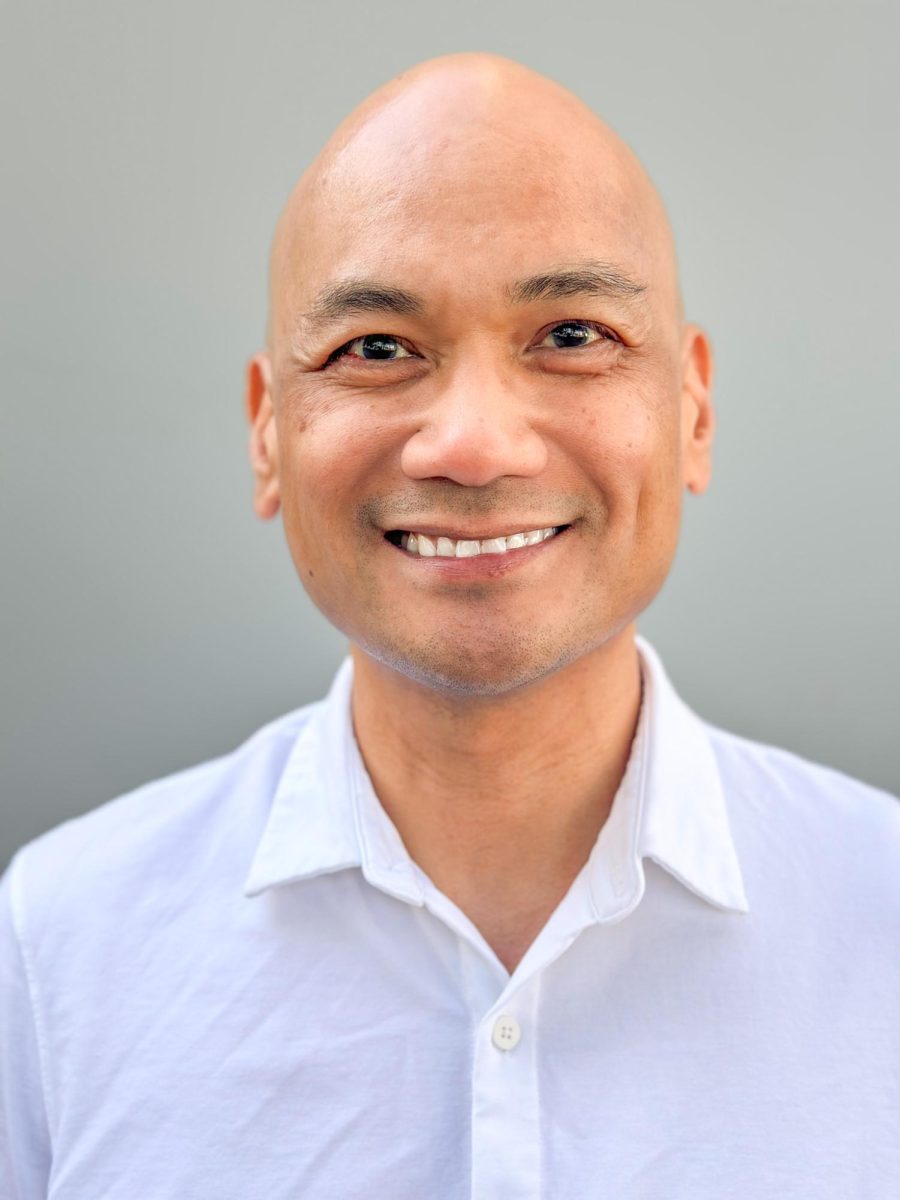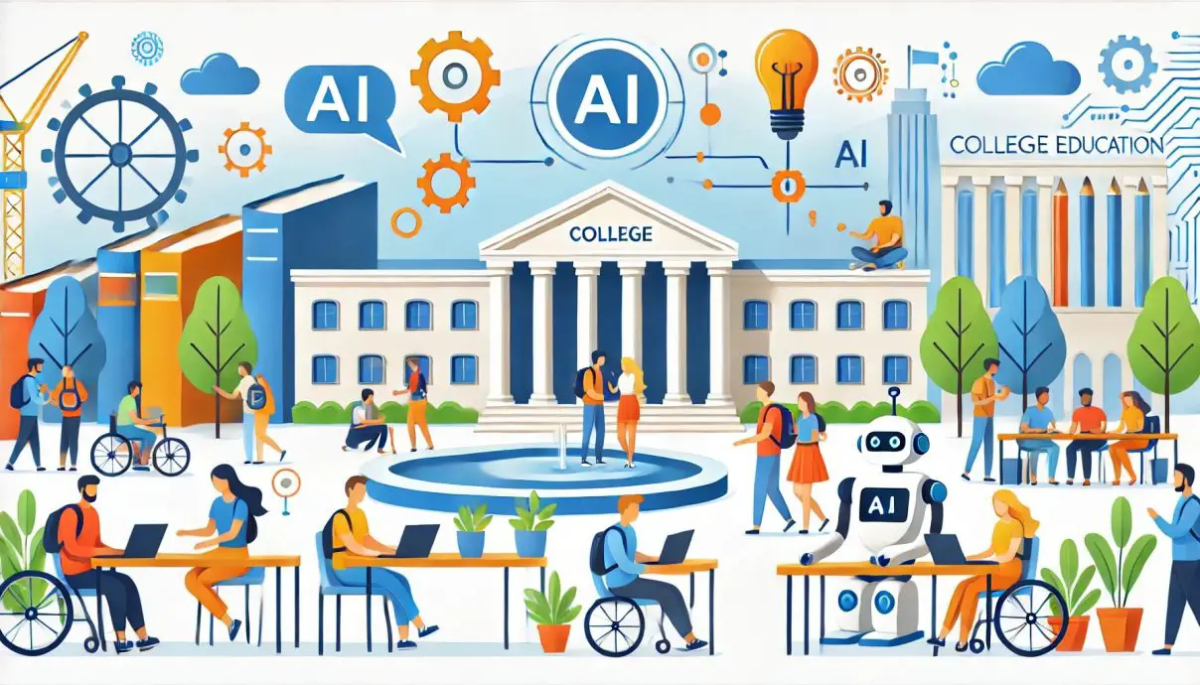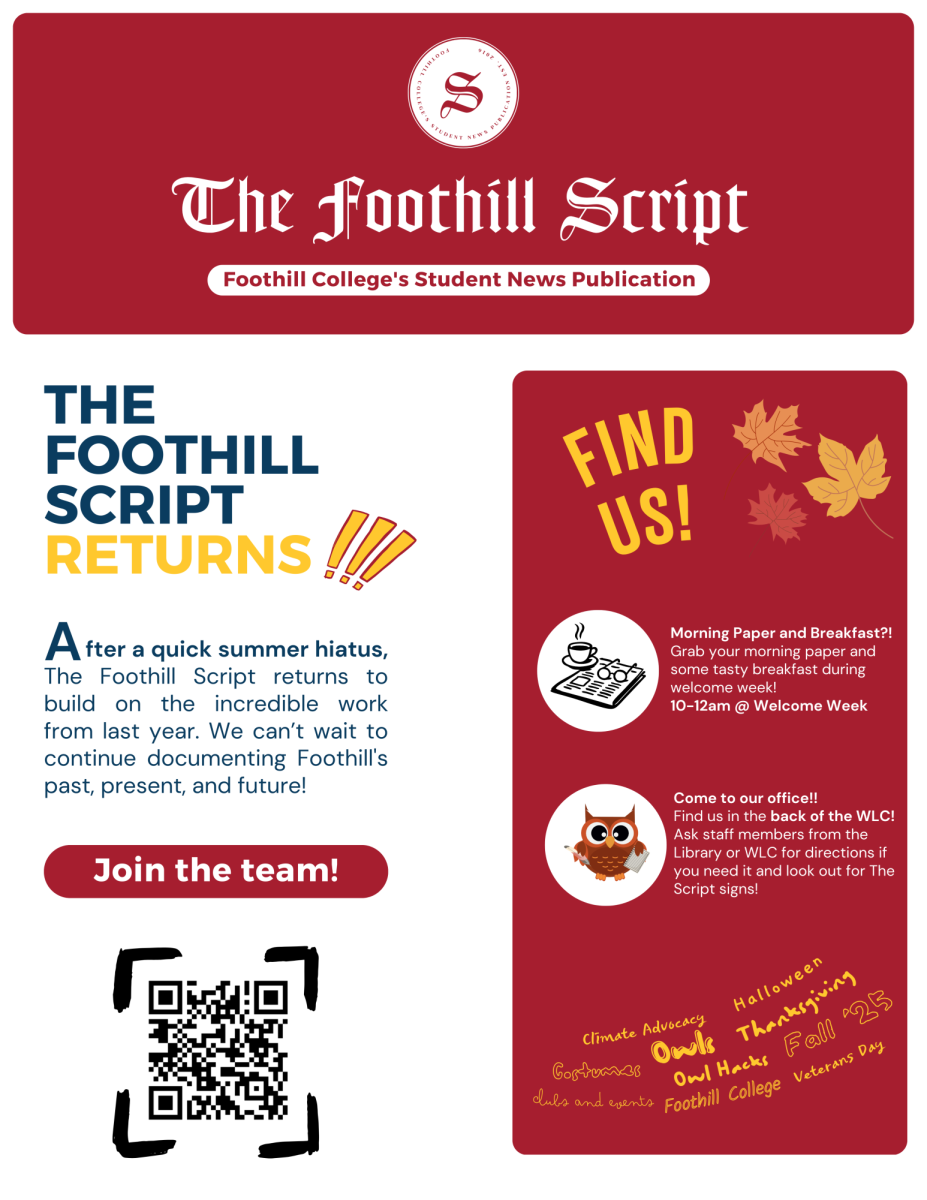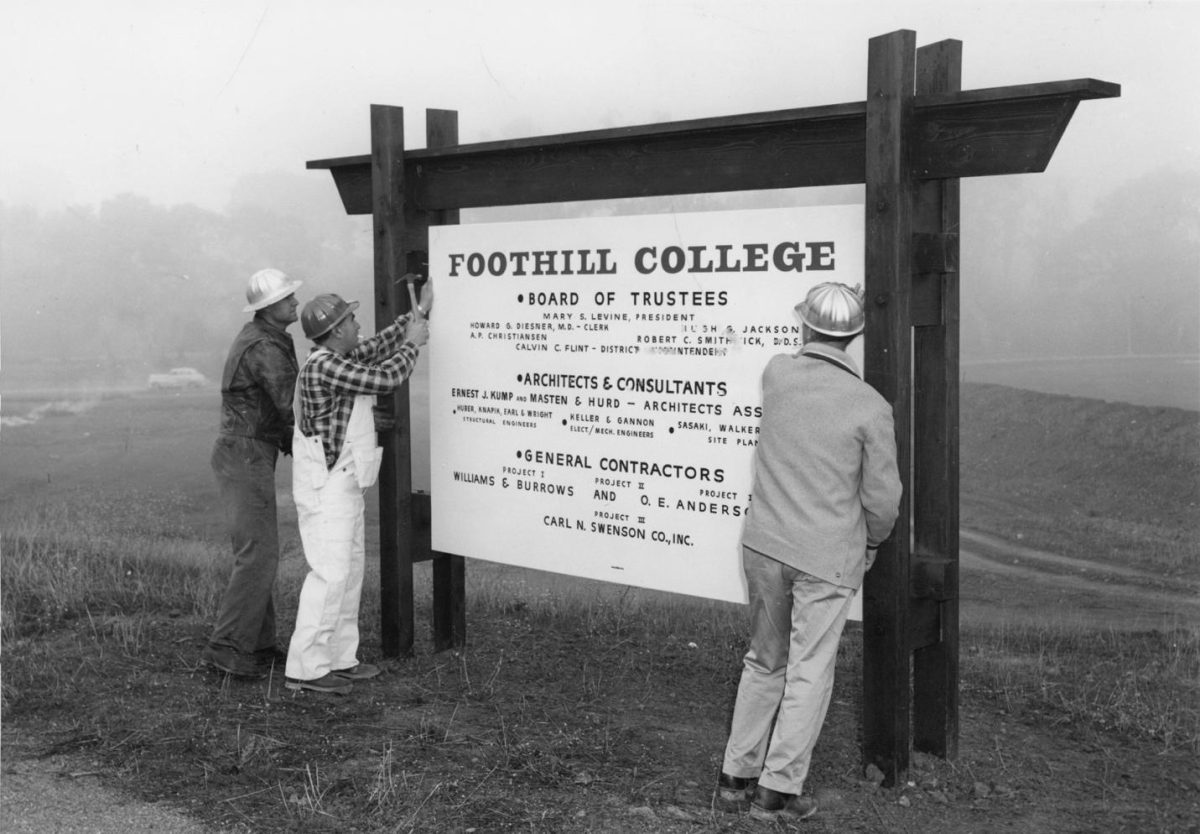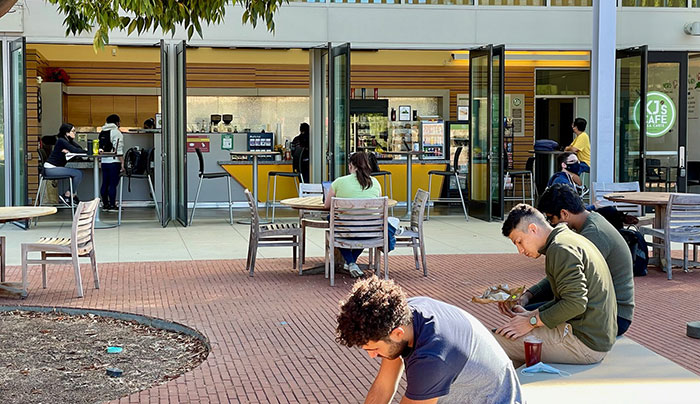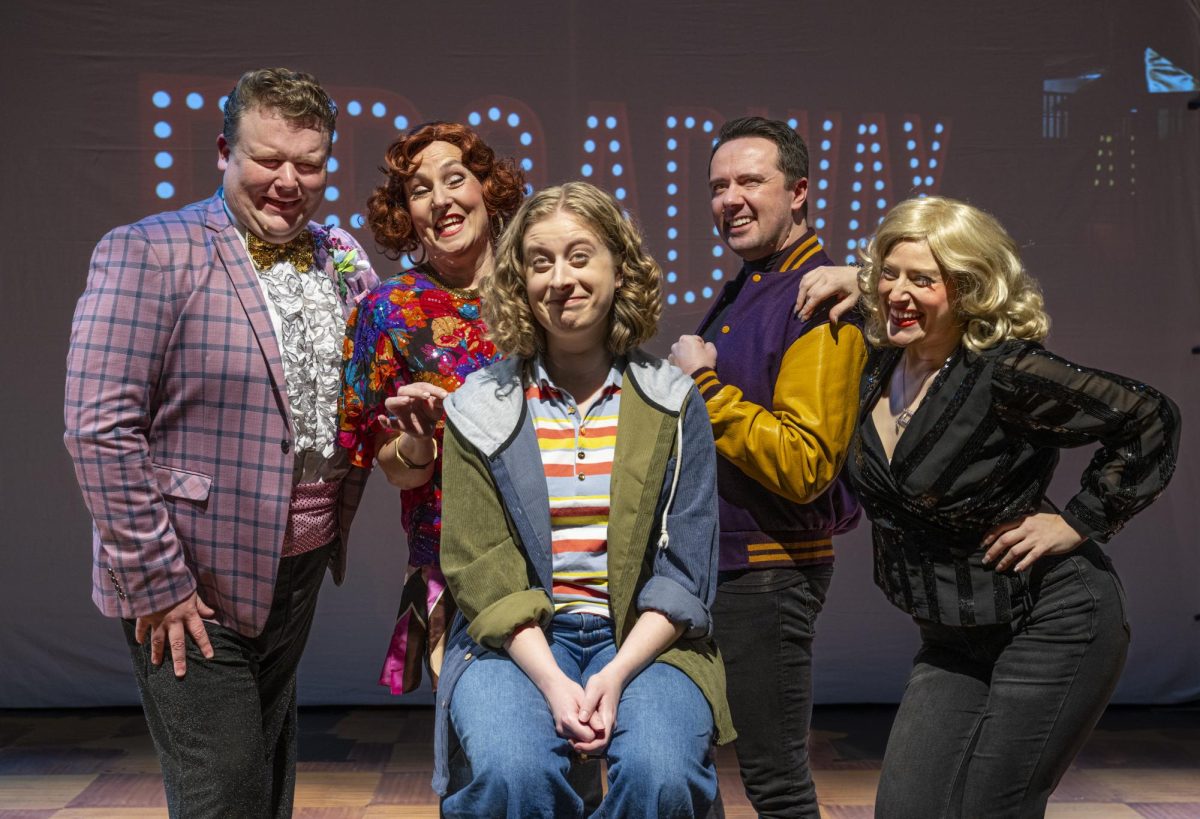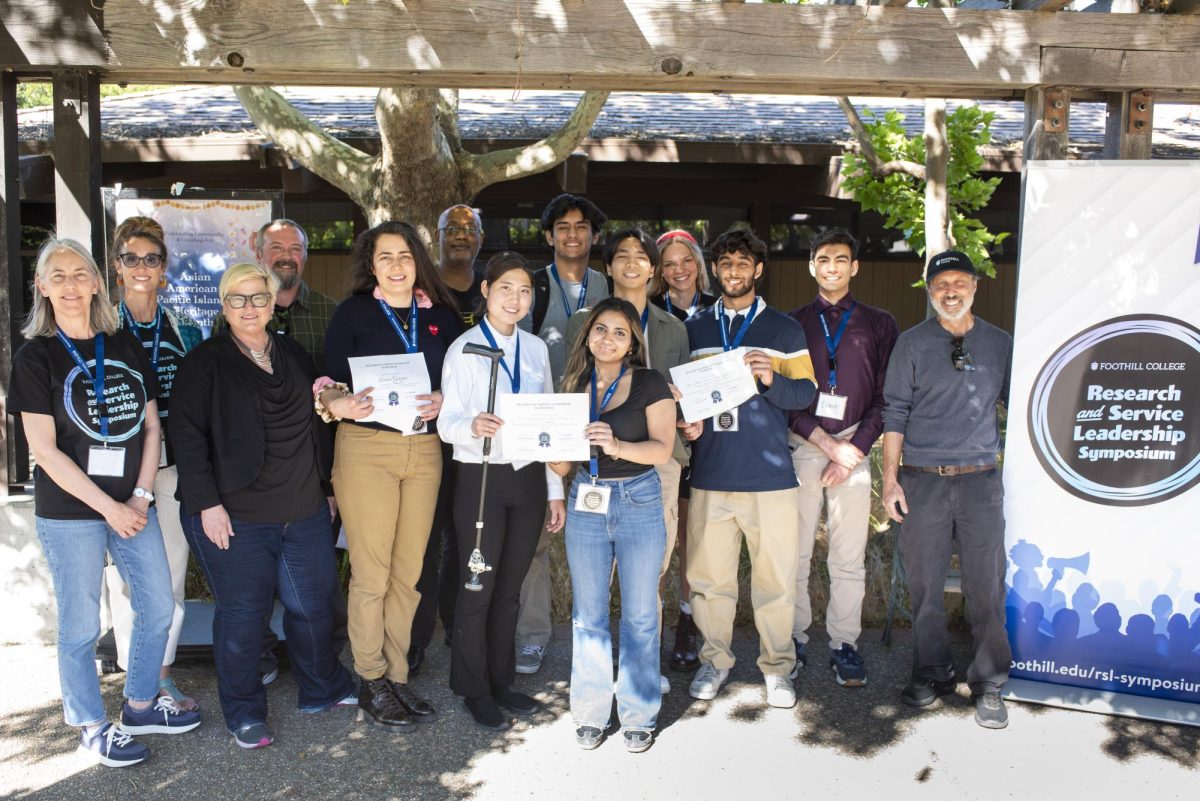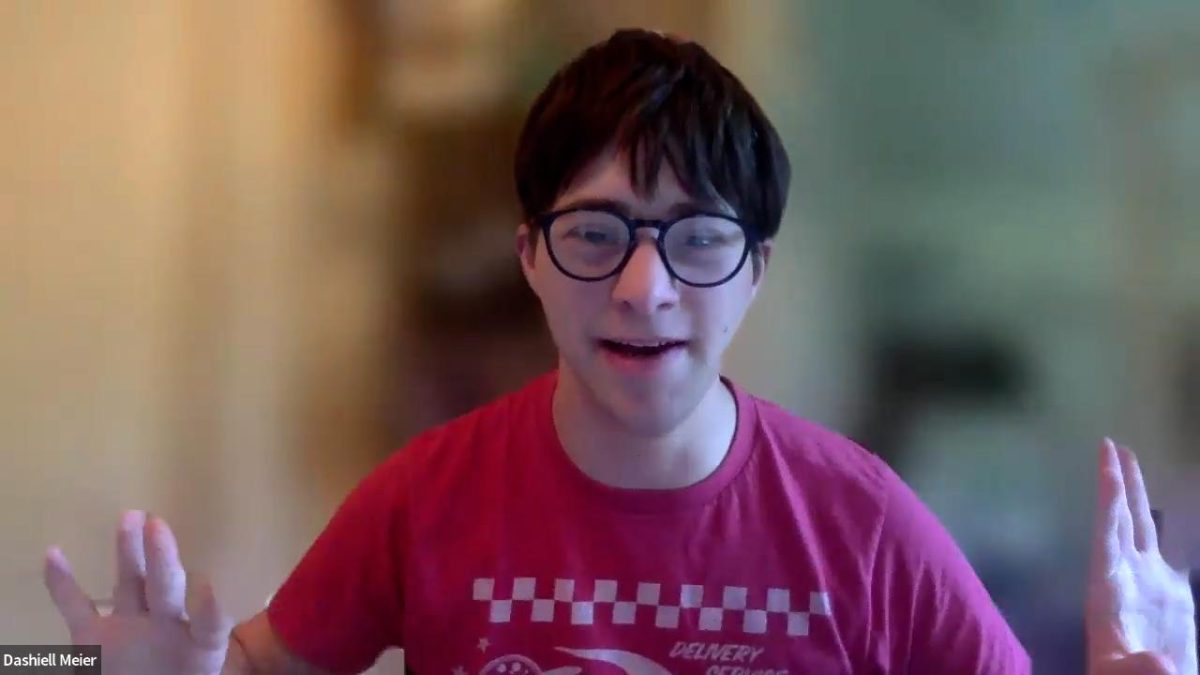Voltaire Villanueva has been a counselor longer than many first-year students have been alive, and that is not without cause. For the past 19 years, Villanueva, or Dr. V, has served as a counselor, professor of psychology and academic senate president. Not to mention his past work as the co-director of the Honors Institute, co-coordinator of the Puente Project and his advisory role at University of San Francisco. I had never met Dr. V until our interview, but one thing was immediately clear — he is an infectiously positive person who strives to inspire this quality throughout his community.
The following interview has been edited and condensed.
- I’ve noticed your urgency to leverage higher education for economic mobility. Tell me what drew you to this mission?
I grew up in a working-class family. I’m a first-generation college student, my parents [went] no further than a high school education. My dad worked in the Merchant Marines. He was at sea nine months out of the year. I remember one time before he was about to ship out, he gave me a talk.
He reached out his hands [and] goes, “touch my hands.” I felt his hands and they were rough like sandpaper. [He said] Do you want hands like this? You need to do well in school because otherwise, your hands are going to be like this and you are going to be working and away from your family.
We immigrated from the Philippines knowing that education is going to open up opportunities — so I’ve always been a proponent of education. I remember when I told my mom that I’d be working at a college and she says when are you not going to be in school? When are you going to graduate?
I love school, it brings a lot of opportunities for students. Not only to make them better versions of themselves, but also to have socioeconomic mobility — because unfortunately, we have to eat, to have a place to sleep. Education provides an opportunity and how that education looks will be different for [different] people.
- Tell me about your own educational journey.
When I was in college, I studied at University of San Francisco. I went into broadcasting and double majored in radio TV and Asian American Studies. I graduated, got a job in a startup — was a millionaire on paper.
This is early 2000s, it was a dotcom bust. I got laid off and [it] made me rethink my life. I went to see a career counselor who gave me an assessment and said, have you ever thought about becoming a TV producer? Yeah, I did that already. Next the counselor’s like, have you thought about becoming a counselor? Oh, okay.
When I got laid off, I was doing campus tours, and they needed somebody to go to high schools to do outreach. While doing that, I went to get my master’s in counseling. I got a job as a high school counselor. Then, I found a job here at Foothill doing what they called first year experience. I’ve been here for 19 years now.
- How do you bring your experience and expertise to your work on campus?
Erik Erikson coined the term identity crisis because he believed that adolescents have a crisis where they ask, “what do I do?” College usually appears at [this] time, and students are asked “what’s your major going to be?” That question is so powerful.
Do most students really have it figured out? I would argue not. My job as a counselor, [is to say] it’s okay not to know, [acknowledge] it’s asking a lot to determine what you’re going to do. The advice that I give to students is [that] your major in college is not what you’re going to be doing for the rest of your career.
It’s okay to major in psychology and [the] skills you learn are going to apply in a lot of different fields. I majored in broadcasting. Am I doing that? No. But as a producer and director, I have to work with the cameraman, with the lighting director, with all these different people — I’m telling them how to do their job. I’m doing the same with students.
- You wear a lot of hats on campus, working on the Puente Project, at the Honors College, serving as the academic senate president, and teaching psychology. What value do you find in these roles?
Each role has something unique to bring to our students. What I look for is what would make the most impact on students that I could see clearly, because in counseling, it’s not until later on you see the fruits of labor.
When I work with learning communities, I don’t know what seed I planted, but eventually something will happen. It’s been pretty amazing. I had one student that I started with in Puente end up being one of my graduate students [at USF]. I impacted this one student, now they’re going to graduate school, now they’re impacting other students —over 300 at a time.
My frustration with counseling is that I’m only working with students one at a time — it’s in, out, in, out. [In Academic Senate], I can get a policy that might impact thousands. I find all these roles rewarding because they impact students in many different ways.
- As you aim to create a safe space for a diverse group of students, how would you advise Foothill’s community to approach this politically charged moment?
It’s easy to say you have to be empathetic, but how does that look? How do you practice being empathetic regularly? We have to pause. Sometimes you hear the phrase, stop to smell the flowers. You are going down the path where you will stop and look at it a particular way. Why don’t you get off the path, look at it from another angle and see the beauty in that. It’s a matter of stopping, pausing, reflecting.

